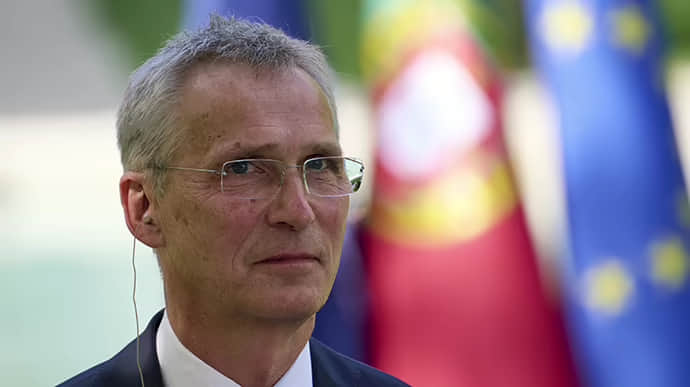Meet the fund managers: Buying bonds in an election year
Alex Ralph, fund manager of Nedgroup’s Global Strategic Bond Fund, talks about buying bonds in an election year and her biggest mistake.


In this weekly series, investment reporter Elliot Gulliver-Needham sits down with a fund manager for a Q&A. This week, we’re hearing from Alex Ralph, fund manager of Nedgroup’s Global Strategic Bond Fund.
How does your fund stand out from others in the same market?
We were well aware how disparate the strategic bond sector had become over the recent era of ultra-low yields. Fund managers had employed different strategies and tactics to generate income.
We wanted to go back to the core – enabling investors to access a strategic bond fund which behaved like a bond fund. Managing risk as well as generating income, we felt providing a fund which didn’t take undue duration risk or large equity like investments allowed clients to get comfortable with the strategy.
We believe the market has gone back to the “old normal” where bond yields actually reflect economic data, a backdrop not seen since pre-2009. With a combined 50 years of investing, we have experience of this environment.
Which of your holdings are you most excited about?
Bond investing, by its nature, is just as much about what you don’t own as what you do. 2024 is very much the year of the election, and making the correct calls in terms of country risk will drive returns.
We went into the European elections with no French or Italian sovereign risk, and very little French corporate risk, benefiting from our overweight position in German government bonds.
There will be a time where spreads reflect European political risk and we are excited to follow the news flow and take advantage of the opportunities ahead.
Whilst the vast majority of our credit holdings are core multi-national names, we do have some smaller positions in high yield companies we believe are on a good long term growth trajectory. Watching those companies deliver and compress in spreads is always satisfying.
What is the biggest mistake you’ve ever made in the fund?
During the first six months of the fund, I think being a little too cautious within our financials allocation was the biggest mistake. We aren’t allowed to hold AT1s, the most junior – equity like – part of a banks balance sheet but we could have held a little more in other financial instruments.
Banks have enjoyed great results over the last quarters and whilst we did hold a large percentage in senior financial bonds we would have benefited from an increase in the overall beta of the sector allocation.
What’s one change you made in the fund recently? Why didn’t you make it sooner?
We recently cut our credit allocation in the fund. Our credit positioning has performed well since the start of the year and we felt it was time to lock in gains whilst the market backdrop remains uncertain.
Credit fundamentals are still pretty decent, but with expensive valuations we felt it was time to take a step back and wait for a better entry point to increase the beta on the fund.
We didn’t make it sooner as the risk/reward balance supported the positioning we were taking, carry remained attractive whilst the volatility of the market was benign.
What’s the biggest change you’ve seen in the market during your career?
Positively, we have much greater access to information than when I first started. There is significantly more independent research allowing for a greater breadth of opinion.
The same change in regulation following the great financial crises however also changed liquidity within the market. Banks were no longer providing the same balance sheets for trading and the system moved to a more matched basis.
Liquidity is a major factor in our investing process. We are very mindful of what damage an illiquid portfolio can have on our clients and invest accordingly.



